Breathing is something we often take for granted—until it becomes difficult. Pulmonary Function Tests (PFTs) play a critical role in assessing how well your lungs are working. Whether you’re experiencing respiratory symptoms, managing a chronic condition like asthma or COPD, or undergoing a pre-surgical evaluation, PFTs provide doctors with essential insights into your lung health.
This article will guide you through everything you need to know about preparing for a Pulmonary Function Test—from what it is and why it’s important to what you can expect before, during, and after the test.
What Are Pulmonary Function Tests?
Pulmonary Function Tests (PFTs) are a group of non-invasive tests that measure how well your lungs are working. These tests evaluate:
- Lung volume: How much air your lungs can hold.
- Lung capacity: How much air you can exhale after a deep breath.
- Gas exchange: How well oxygen and carbon dioxide are exchanged in the lungs.
- Airflow: How fast you can exhale.
Common types of PFTs include:
- Spirometry: Measures how much and how quickly you can move air in and out of your lungs.
- Plethysmography: Determines lung volume.
- Diffusing capacity test (DLCO): Assesses how well gases pass from your lungs into your blood.
These tests help diagnose and monitor conditions such as:
- Asthma
- Chronic Obstructive Pulmonary Disease (COPD)
- Pulmonary fibrosis
- Lung cancer
- Sarcoidosis
Why Pulmonary Function Tests Are Important
According to the American Thoracic Society, PFTs are essential for evaluating respiratory complaints and tracking disease progression. The World Health Organization (WHO) estimates that COPD alone affects over 390 million people globally, making accurate diagnostics critical.
PFTs help healthcare providers:
- Diagnose lung diseases accurately
- Monitor the effectiveness of treatments
- Assess damage from smoking or environmental exposures
- Evaluate lung function before surgeries
Who Should Get a Pulmonary Function Test?
Your physician might recommend PFTs if you:
- Have symptoms like chronic cough, shortness of breath, or wheezing
- Have a history of smoking or exposure to harmful pollutants
- Are being treated for asthma or other respiratory conditions
- Are undergoing surgery, especially heart or lung procedures
- Are experiencing frequent respiratory infections
How to Prepare for a Pulmonary Function Test
Proper preparation ensures the test results are accurate and reliable. Here’s what you need to do:
1. Avoid Smoking
Refrain from smoking for at least 24 hours before the test. Smoking can constrict your airways and influence the results.
2. Skip Heavy Meals
Avoid eating a large meal before your test. A full stomach can restrict your ability to breathe deeply during testing.
3. Dress Comfortably
Wear loose, comfortable clothing. Tight outfits can interfere with your ability to take deep breaths.
4. Avoid Vigorous Exercise
Do not exercise heavily within 30 minutes before your test. Strenuous activity can temporarily alter your lung function.
5. Check Your Medication
Some medications, especially bronchodilators (inhalers), may need to be withheld before the test. Always follow your doctor’s instructions regarding medication use.
6. Inform Your Doctor of Recent Illness
If you’ve had a cold, respiratory infection, or COVID-19 recently, inform your healthcare provider. These conditions can skew test results and may require rescheduling.
What to Expect During the Test
Pulmonary Function Tests are painless and typically take 30 to 60 minutes. Here’s what you can expect:
Spirometry
You’ll be asked to breathe into a mouthpiece connected to a spirometer. You may be instructed to:
- Take a deep breath and blow out as hard and fast as possible
- Repeat this several times to ensure consistency
- Perform the test before and after using a bronchodilator
Plethysmography
You may sit inside a small, airtight booth. The test measures how your lungs respond to changes in pressure as you breathe.
Diffusing Capacity (DLCO)
This test evaluates how well oxygen transfers from your lungs to your bloodstream. You’ll inhale a harmless gas mixture and hold your breath for 10 seconds before exhaling.
After the Test: What Comes Next?
Your healthcare provider will analyze the test data to determine:
- How much air you can inhale and exhale
- How fast you can move air in and out
- Whether your lungs transfer oxygen effectively
Your results will be compared against standardized values based on age, height, gender, and ethnicity.
If any abnormality is found, your provider may recommend:
- Further testing (e.g., chest X-rays, CT scans)
- Medication (such as bronchodilators or steroids)
- Lifestyle changes (such as quitting smoking or avoiding allergens)
- Referral to a pulmonologist
Tips for Optimal Test Results
- Arrive at the testing center early to relax before the procedure.
- Practice deep breathing exercises in the days leading up to the test.
- Stay well-hydrated, but avoid caffeine on test day.
- Bring a list of all your medications and any recent medical history.
Risks and Safety Considerations
PFTs are generally safe. However, they may cause temporary dizziness, shortness of breath, or light-headedness, especially during spirometry. Pregnant individuals or those with recent surgeries should consult their doctor beforehand.
According to the National Heart, Lung, and Blood Institute (NHLBI), complications are rare, and tests are non-invasive and widely used in outpatient settings.
How Often Should You Get a Pulmonary Function Test?
For patients with chronic respiratory conditions, PFTs may be recommended once or twice a year to monitor disease progression. For pre-surgical evaluations or one-time symptoms, a single test may suffice unless new symptoms arise.
Commercial Relevance: Where to Get a Pulmonary Function Test
If you’re looking for Pulmonary Function Tests near you, ensure the facility is accredited and uses modern diagnostic equipment. Centers that offer comprehensive respiratory testing often provide faster diagnoses and more effective treatment plans.
Look for labs that also offer services such as:
- Asthma and COPD management
- Sleep studies
- Bronchodilator responsiveness tests
- Preoperative assessments
Cost varies depending on location and whether you have insurance. Without insurance, the average cost ranges between $45 to $350 per test type in the United States.
Frequently Asked Questions (FAQs)
Q1: How long does a pulmonary function test take?
Most PFTs take between 30 and 60 minutes, depending on how many tests are included.
Q2: Are pulmonary function tests painful?
No, PFTs are non-invasive and painless, though some patients may feel short of breath or dizzy temporarily.
Q3: Can I take my inhaler before the test?
Check with your doctor. In some cases, you may be instructed to skip your inhaler to measure baseline lung function.
Q4: How soon will I get my results?
Some results are available immediately, while others may take 24–48 hours, depending on your provider.
Q5: Do I need a referral for a pulmonary function test?
In most cases, yes. Your primary care physician or pulmonologist will refer you for a PFT based on your symptoms.
Conclusion
Pulmonary Function Tests are an essential tool in diagnosing and managing lung diseases. Being well-prepared helps ensure accurate results, contributing to effective treatment and better long-term health outcomes.
If you’re experiencing symptoms like chronic cough, wheezing, or shortness of breath, consult your doctor about scheduling a Pulmonary Function Test. It could be the first step toward breathing easier and living healthier.
Have you scheduled your PFT yet, or are you still unsure about the process?
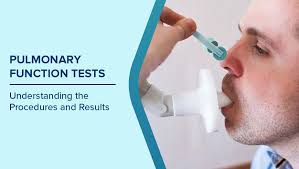
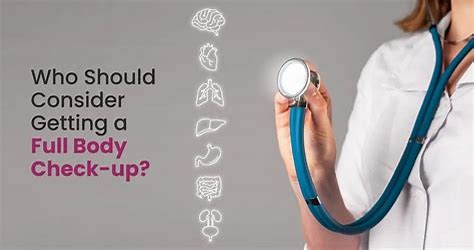
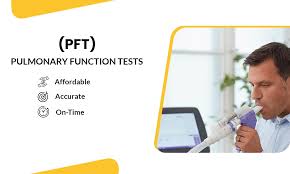
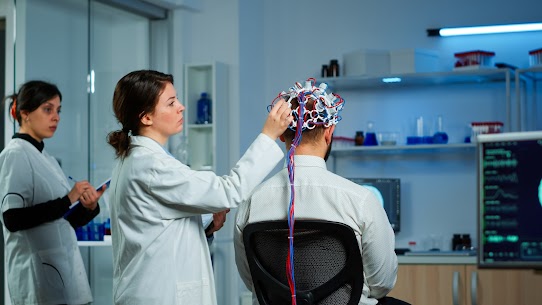





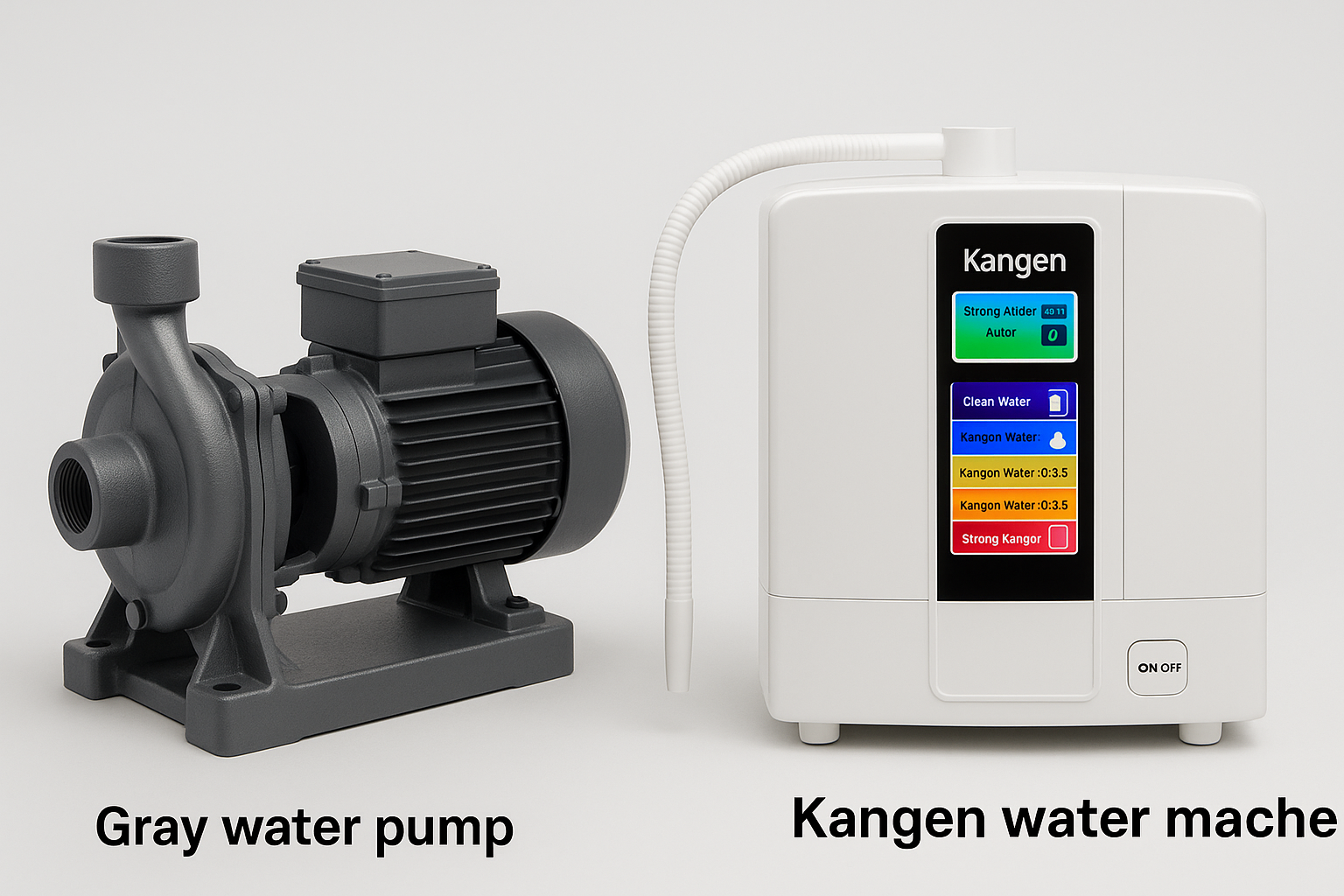




Leave a Reply